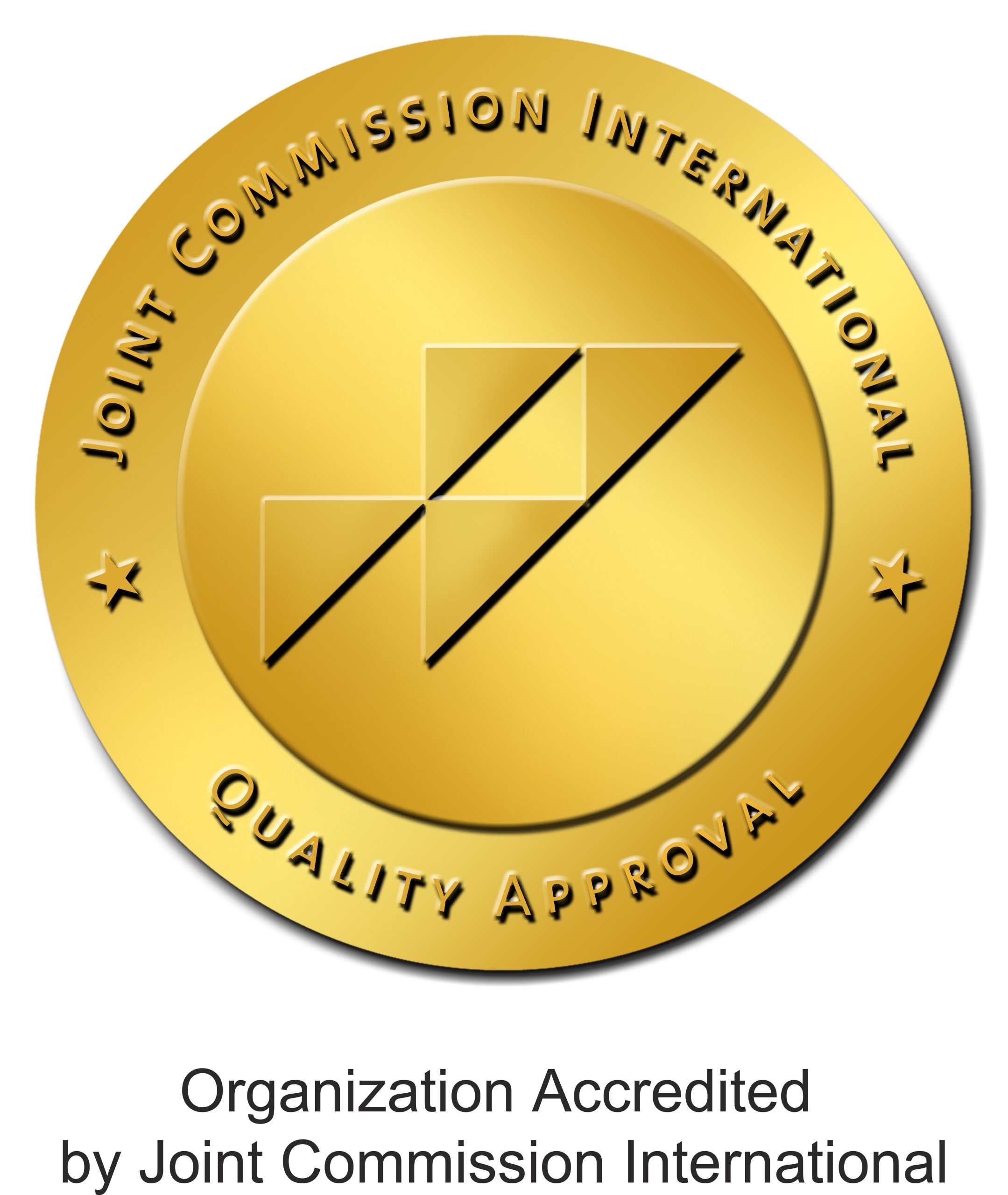What is Bell’s palsy?
Bell’s palsy is a paralysis or weakness of the muscles on one side of your face. Damage to the facial nerve that controls muscles on one side of the face causes that side of your face to droop. The nerve damage may also affect your sense of taste and how you make tears and saliva. This condition comes on suddenly, often overnight, and usually gets better on its own within a few weeks.
Bell’s palsy is not the result of a stroke or a transient ischemic attack (TIA). While strokeand TIA can cause facial paralysis, there is no link between Bell’s palsy and either of these conditions. Palsy simply means weakness or paralysis.
What causes Bell’s palsy?
The cause of Bell’s palsy is not clear. Most cases are thought to be caused by the herpes virus that causes cold sores.1
In most cases of Bell’s palsy, the nerve that controls muscles on one side of the face is damaged by inflammation.
Many health problems can cause weakness or paralysis of the face. If a specific reason cannot be found for the weakness, the condition is called Bell’s palsy.
What are the symptoms?
The main symptom of Bell’s palsy is a sudden weakness or paralysis in one side of your face that causes it to droop. This may make it hard for you to close your eye on that side of your face.
Other symptoms include:
- Drooling.
- Eye problems, such as excessive tearing or a dry eye.
- Loss of ability to taste.
- Pain in or behind your ear.
- Numbness in the affected side of your face.
- Increased sensitivity to sound.
How is Bell’s palsy diagnosed?
Your doctor may diagnose Bell’s palsy by asking you questions, such as about how your symptoms developed. He or she will also give you a physical and neurological exam to check facial nerve function and rule out more serious causes of facial paralysis.
How is it treated?
Most people who have Bell’s palsy recover on their own in 1 to 2 months.2 But a small number of people may have permanent weakness of the muscles on the affected side of the face.
Your doctor may prescribe antiviral drugs, such as acyclovir, if he or she believes that Bell’s palsy is caused by a virus. If your doctor suspects that Bell’s palsy is caused by inflammation, you may be given corticosteroids, such as prednisone, to reduce the inflammation.

